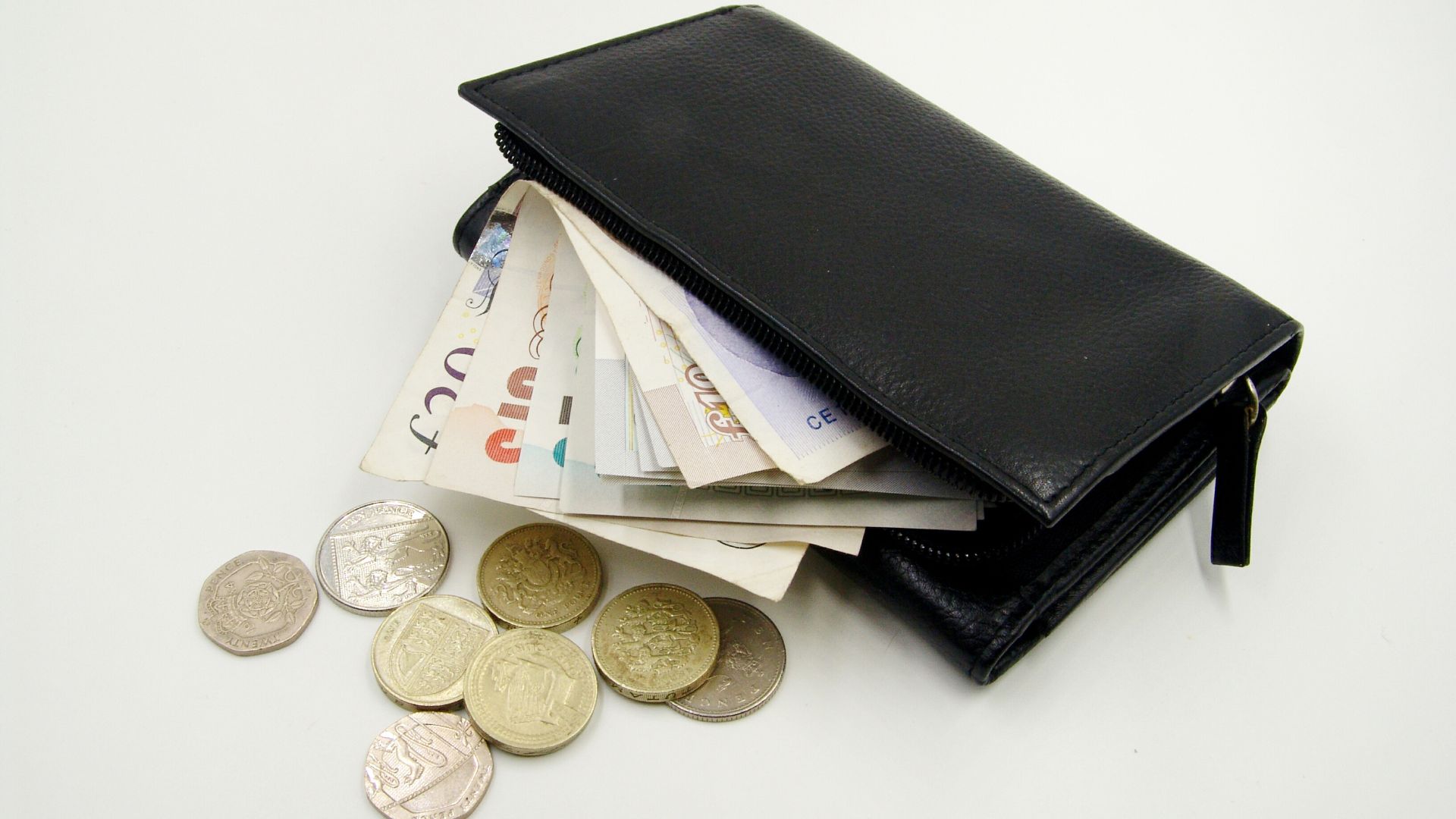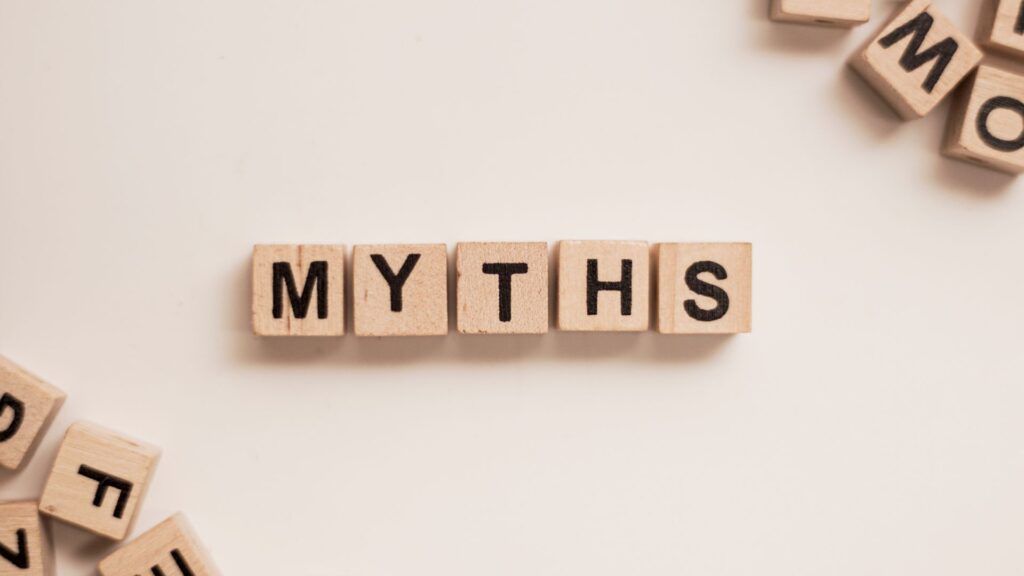What is disposable income? And why is it important when you budget your money? Find out in our latest blog, where we’ve collated some important points to remember when dealing with your finances.
What is Disposable Income?
Disposable income, or (DI), is the amount of money a person has left for saving or spending after paying all of their usual necessary expenditure, such as bills, transport, childcare and food. It’s an important part of getting to know your money and where it’s going. Knowing how much you have left in disposable income will allow you to better understand your finances, and stay on budget, helping to avoid debt in the process.
Budgeting is Key
Without a doubt, your disposable income is a very important part of budgeting. A budget is simply creating a plan, so you know how you plan to spend your money, whether it be paying your monthly bills, paying off your debts, or saving.
Creating a budget means you can see how much money you have coming in, and how much of that money you’re then paying out. Any remaining funds you have after paying your high-priority expenses will be known as your disposable income and will give you a clearer picture of what you are able to afford.
Have you thought about creating a budget, but are unsure where to start? Read our budgeting guide to get started on your finance planning.
Disposable Income & The Cost of Living Crisis
The cost of living has affected every household’s disposable income – so much so that the Resolution Foundation has recently released findings that UK households will be £1,900 poorer by 2025. The rise in the overall cost of living far exceeds the growth of wages and disposable incomes, meaning our money is not stretching as far as it usually does. For most, it will mean a steep reduction in the standard of living and feeling the pinch on our finances. For others however, it could potentially signal problem debt, and many may be faced with choosing between heating our homes and feeding our families, for example.
It’s important to remember that you can get help with the cost of living if you are struggling. The UK Government has rolled out measures such as the council tax rebate, warm homes discount and loans on energy bills to try and ease the burden on struggling households.
Struggling With Debt?
If your disposable income has dropped significantly, you have no money left at the end of the month or are even in a negative budget and have turned to borrowing to make ends meet, get in touch with the team. You can speak to our expert debt advisors, or get debt advice using our online debt advice tool.


